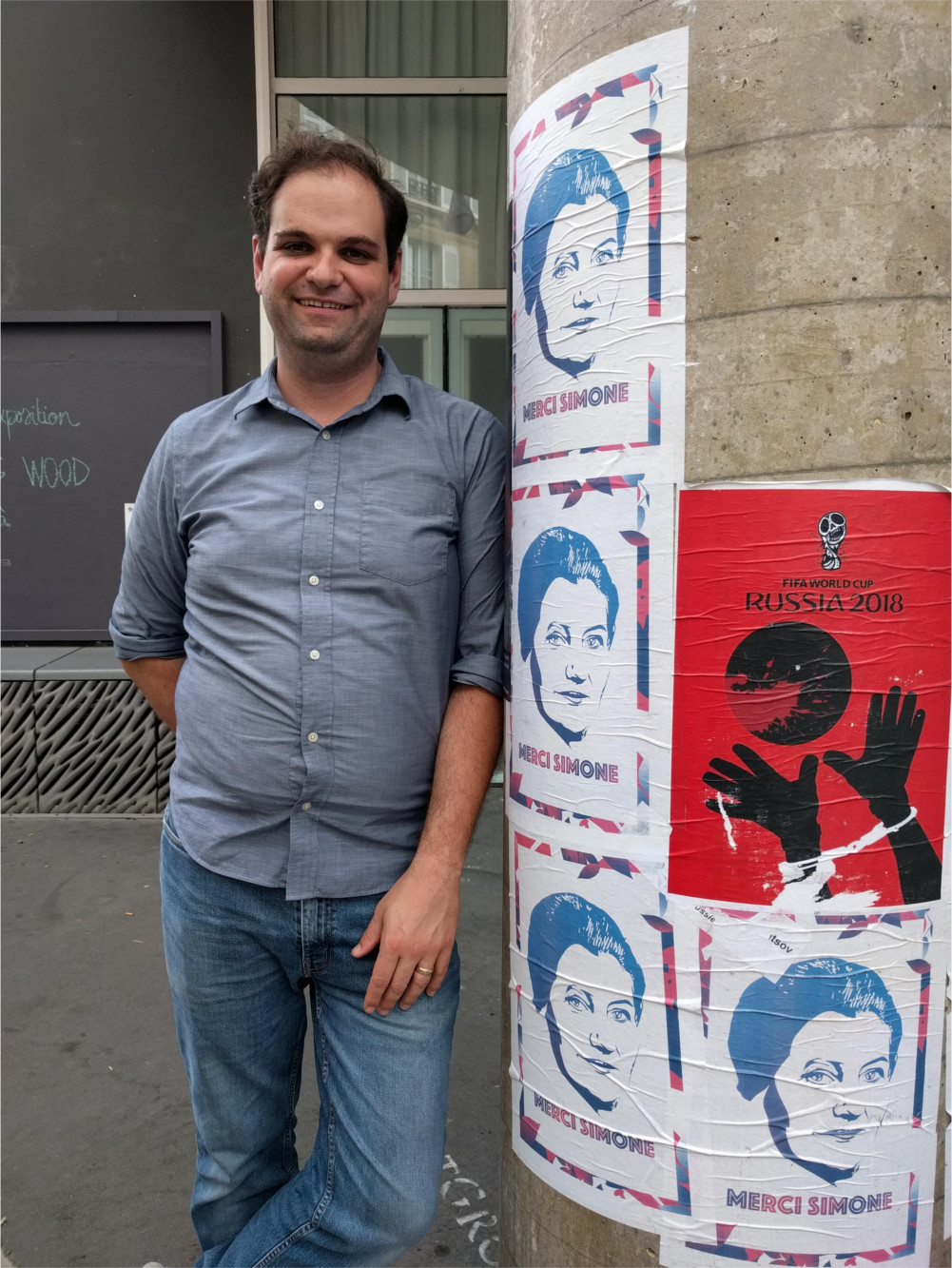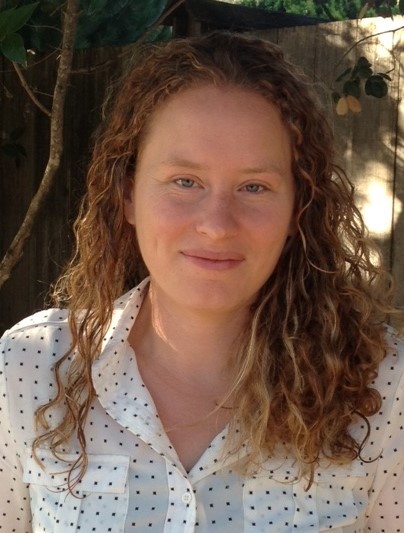Edward Haven (Department Chair)
ehaven@losmedanos.edu Haven earned his A.A. degree from Sierra College in Philosophy and Liberal Arts, B.A. in Philosophy from the University of California, Riverside and an M.A. in Humanities with a focus in Philosophy from the University of Chicago. As a child, Haven asked a lot of big questions; where did it all come from? Why are we here? What happens when we die? And never found an answers satisfactory. “I remember my very first philosophy class. I didn’t know that anyone else was asking these questions, and I was more surprised to find that you could study it and make a career out of it. I was hooked. I decided to teach philosophy because I believe in philosophy’s power to change minds and teach skills to live a meaningful life.” Their are so many philosophers that I love to teach. In particular I love teaching
the philosophers that really stand up and challenge conventional thinking, philosophers
that pull the rug out from under us and force us to re-evaluate where we stand on
an issue. I like teaching David Hume because he challenges our concept of knowledge,
existentialists like Sartre and Heidegger, challenge us to be honest about our lives
and start taking responsibility for ourselves, and Foucault, because he masterfully
deconstructs modernist thinking. Philosophy is often about comprehending and talking
about things that our beyond our comprehension. So for some it can be scary, confusing
or even seem pointless. When students can get past that and learn to accept the uncertainty,
meaningful conversations can begin. There is a lot to gain from learning what we don’t
understand, that we as a society have learned to shy away from. Philosophy guides
us to live a more knowledgeable and authentic life for ourselves through that learning.
|
Jennifer Smith
|
Bequia Sherick
|
Michael Sudduth
|
Julius OjewoleI had always heard the term philosophy thrown around but never knew what it was. Out of curiosity I decided to take a philosophy course my junior year of college with Michael Sudduth (yes this Michael Sudduth) and immediately fell in love with it. The topics that were covered were things I had always pondered about but never know was an academic field of study. Things like the existence of God, mind/body dualism, the meaning of life, and personal identity. I really love to teach about Aristotle because of he gets a lot of things right. His theory of Virtue Ethics I find to be ingenious and at the risk of being accused of chronological snobbery, I am always amazed someone at his time got so many things right. Philosophy is often used in my everyday life through critical thinking. I have come
to believe that critical thinking, logic, and argumentation are forgotten skills in
our culture as evidenced by things I have seen in the media and on Facebook. Statistics
and other data are often thrown around and often do not confirm the interpretation
of the data they are supposed to confirm. Philosophy has helped me to distinguish
between good logic and argumentation and the lack thereof. One of my biggest problems
I face in teaching philosophy is trying to show the relevance of these, at times,
seemingly abstract concepts to life. Teaching here has been a great joy since as an
east-bay native and for Los Medanos student, I feel I can relate with students and
somewhat understand their mindset. I love being able to impart this invaluable information
to students from my home. Although knowledge is very difficult to define here’s a
list of a category of things I believe we can know: Theological (things about God),
Perceptual (things we see), Historical, Morality (good and evil) Scientific, Mathematical,
Introspection (Things going on in your mind), Memory, among other things.
|




